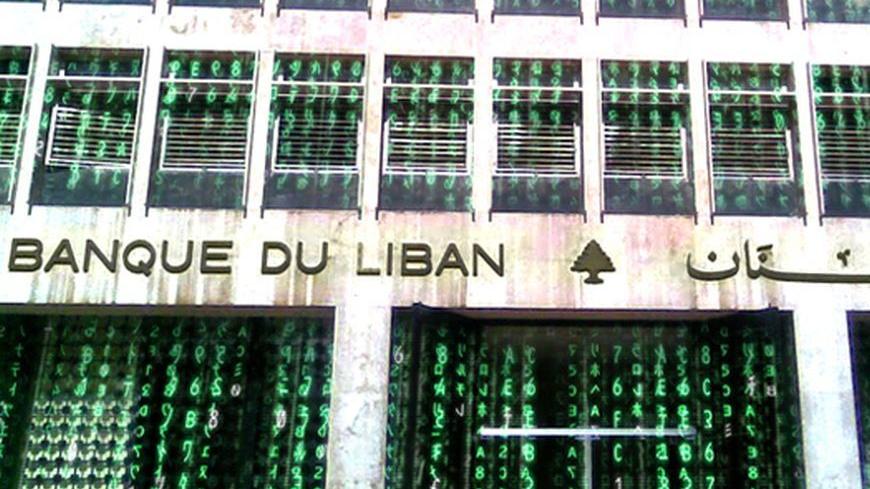Many Lebanese were surprised to Learn yesterday that a sophisticated, state-sponsored piece of malware has been relentlessly spying on Lebanese bank accounts for many months. The virus, dubbed "Gauss" by Kaspersky Lab, the security firm that discovered it, is a very advanced piece of software that has been monitoring Lebanese bank accounts since September of last year. Wired magazine called Gauss a "cousin" of the Stuxnet and Flame viruses, infamous pieces of malware that were apparently created by the US and Israel to target Iran's nuclear infrastructure.
This is the latest manifestation of what Mohammad Chattah, the ex-finance minister, once called a "deliberate, sinister and multi-pronged campaign" against Lebanese banks to use them as pressure tools against the Iranian nuclear program. In his blog, Chatah wrote that Lebanon needed a national strategy against attacks on Lebanese banks. But Iranian nukes are only part of the story; Gauss might also be a tool used by the Americans to target the finances of the Syrian regime and Hezbollah's money-laundering operations, and it is a culmination of a long effort by the Americans and Israelis to keep their eyes on our banks.


